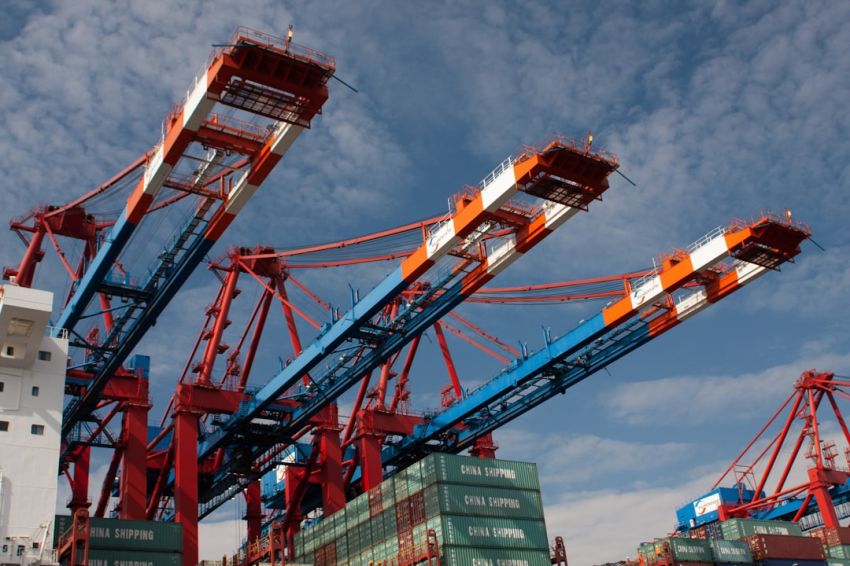In today’s interconnected global economy, international trade agreements play a crucial role in shaping the flow of goods, services, and investments across borders. These agreements are established between countries to facilitate trade, reduce barriers, and promote economic growth. While some may argue that they come with their own set of challenges, the benefits of international trade agreements far outweigh any drawbacks. Let’s delve into the advantages these agreements bring to the table.
Boost to Economic Growth and Development
International trade agreements open up new markets for countries. By reducing tariffs and other trade barriers, these agreements enable businesses to access a wider customer base, leading to increased exports and economic growth. As countries engage in trade with one another, they can specialize in producing goods and services where they have a comparative advantage, ultimately boosting productivity and efficiency. This specialization fosters economic development and helps countries diversify their economies.
Enhanced Competitiveness
Through international trade agreements, countries can benefit from increased competition. This competition drives innovation and efficiency as businesses strive to improve their products and services to stay competitive in the global market. As a result, consumers are presented with a wider range of choices and better quality products at competitive prices. This competitive pressure encourages businesses to constantly innovate and adapt to changing market conditions, ultimately benefiting both producers and consumers.
Job Creation and Employment Opportunities
One of the significant benefits of international trade agreements is the creation of job opportunities. As businesses expand their reach into new markets, they often need to hire more workers to meet the growing demand for their products and services. This leads to job creation across various sectors of the economy, reducing unemployment rates and improving the standard of living for many individuals. Additionally, international trade agreements can help protect jobs in certain industries by ensuring fair competition and preventing unfair trade practices.
Access to a Diverse Range of Products
International trade agreements allow countries to access a diverse range of products and services that may not be available domestically. By removing trade barriers, these agreements enable consumers to enjoy a wider selection of goods at competitive prices. This access to foreign products not only benefits consumers but also spurs domestic industries to innovate and improve their products to remain competitive in the global market.
Strengthened Diplomatic Relations
International trade agreements have the potential to strengthen diplomatic relations between countries. By engaging in trade and economic cooperation, nations build mutual interdependence and foster closer ties. Trade agreements often include provisions for dispute resolution mechanisms, which help prevent conflicts and provide a framework for resolving disagreements through dialogue and negotiation. Through trade, countries can build trust and cooperation, laying the foundation for stronger diplomatic relations.
Environmental and Social Benefits
International trade agreements can also have positive environmental and social impacts. Many trade agreements include provisions that promote sustainable practices and environmental protection. By setting standards for environmental conservation and labor rights, these agreements help ensure that trade is conducted in a responsible and ethical manner. Additionally, trade agreements can contribute to economic development in developing countries, lifting people out of poverty and improving living standards.
In conclusion, international trade agreements offer a myriad of benefits that contribute to economic growth, job creation, enhanced competitiveness, and improved diplomatic relations. While challenges may arise, the advantages of these agreements are essential for fostering a more interconnected and prosperous global economy. As countries continue to engage in trade agreements, it is crucial to prioritize cooperation, transparency, and fairness to ensure that the benefits of international trade are realized by all parties involved.










